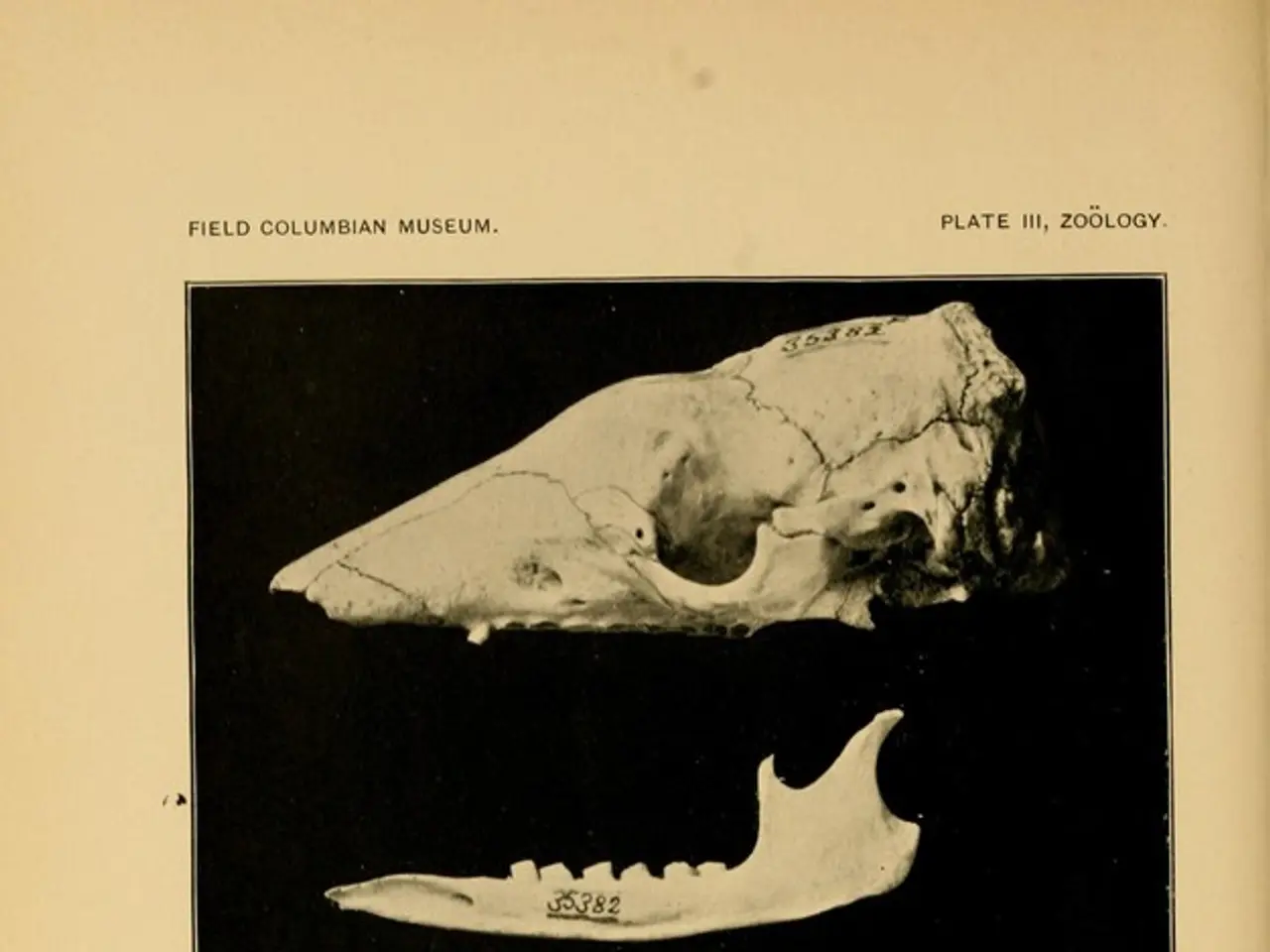Bone Marrow Donation: Does it involve pain?
Bone Marrow Donation: A Straightforward Procedure with a Speedy Recovery
Bone marrow donation is a low-risk surgical procedure that offers hope to individuals in need of a transplant. The process involves extracting liquid marrow from the center of a donor's bones to provide life-saving stem cells.
For potential donors, the process begins with answering health-related questions, signing a consent form, and undergoing a blood test to determine their human leukocyte antigen type. If deemed a match for a recipient, further medical examinations and blood tests will be conducted to ensure the donor's health.
There are two main types of donation: Peripheral Blood Stem Cell (PBSC) Donation and Bone Marrow Harvest Donation. In PBSC donation, donors receive injections to increase stem cells in the blood, followed by the collection of these cells via apheresis, a procedure similar to blood donation. Side effects from the drug can include bone and muscle aches, headache, fatigue, and nausea, but recovery is usually rapid.
In Bone Marrow Harvest Donation, marrow is collected directly from the pelvic bones under general or regional anesthesia in an operating room. Recovery from this procedure involves a period of soreness and fatigue lasting days to a couple of weeks, with full recovery typically occurring within a few weeks.
It is important to note that the recovery process and side effects discussed in this article primarily focus on bone marrow donors. Bone marrow transplant recipients undergo a more intensive and longer recovery process, which includes hospital or close outpatient monitoring for the first 30 days, a higher risk of complications such as graft-versus-host disease, and emotional challenges such as isolation, anxiety, and depression.
To become a bone marrow donor, individuals can talk with a healthcare professional, visit the Be The Match website, or call a toll-free number to join the bone marrow registry. It is advisable to schedule rest days following the procedure and to take over-the-counter pain or anti-inflammatory medications to help ease any discomfort.
In conclusion, bone marrow donation is a straightforward procedure with a speedy recovery for donors, while recipients undergo a prolonged and more complex recovery, requiring significant medical and emotional support.
[1] Be The Match. (n.d.). Bone marrow donation. Retrieved from https://bethematch.org/for-patients-and-families/finding-a-donor/bone-marrow-donation [2] Be The Match. (n.d.). Bone marrow transplant. Retrieved from https://bethematch.org/for-patients-and-families/treatment/bone-marrow-transplant [3] National Marrow Donor Program. (n.d.). Bone marrow transplantation. Retrieved from https://www.marrow.org/for-patients-and-families/understanding-your-diagnosis/treatment-options/bone-marrow-transplantation [4] American Cancer Society. (2020). Bone marrow or stem cell transplant. Retrieved from https://www.cancer.org/treatment/transplants-and-infusion/bone-marrow-or-stem-cell-transplant/understanding-your-transplant/what-is-a-bone-marrow-or-stem-cell-transplant.html [5] Leukemia & Lymphoma Society. (n.d.). Bone marrow or stem cell transplant. Retrieved from https://www.lls.org/treatment/transplantation/bone-marrow-or-stem-cell-transplantation
- The science of stem cells plays a crucial role in cell transplants, offering hope to those battling various medical conditions, including chronic diseases and certain cancers.
- Workplace wellness programs often focus on health and wellness education, stressing the importance of regular fitness and exercise for overall health, as well as nutrition and mental health.
- Sleep is essential for digestive health, as it helps the body repair itself and assimilate nutrients effectively.
- Sadly, many individuals face challenges in maintaining eye health due to age-related conditions or genetic health disorders.
- Maintaining good hearing is crucial for communication and social interactions, but hearing loss can be a concern for individuals with neurological disorders.
- Skin care is essential for protecting our largest organ from the harmful effects of sunlight, pollution, and other environmental factors.
- Aging can lead to various skin conditions, such as wrinkles, age spots, and dryness, but proper care and therapies can help reduce their impact.
- Mental health is an essential component of overall health, and treatments like therapy and medication can help individuals manage conditions like depression and anxiety.
- Men's health focuses on addressing specific concerns affecting men, such as prostate health and testosterone levels.
- Women's health involves addressing concerns affecting females, such as gynecological issues, pregnancy, and menopause.
- Parenting can be a rewarding yet challenging responsibility, and seeking support for parenting issues can lead to better outcomes for both parents and children.
- Weight management is crucial for maintaining cardiovascular health, as excess weight can lead to conditions like obesity and heart disease.
- Medicaid and Medicare offer health insurance options for eligible individuals, providing access to treatments, therapies, and medications for a wide range of health conditions.
- CBD, a chemical compound derived from the cannabis plant, is marketed as an alternative treatment for various health conditions, including pain management, anxiety, and neurological disorders.
- Autoimmune disorders, such as lupus and rheumatoid arthritis, can affect respiratory, digestive, and other systems, requiring ongoing medical management and care.




